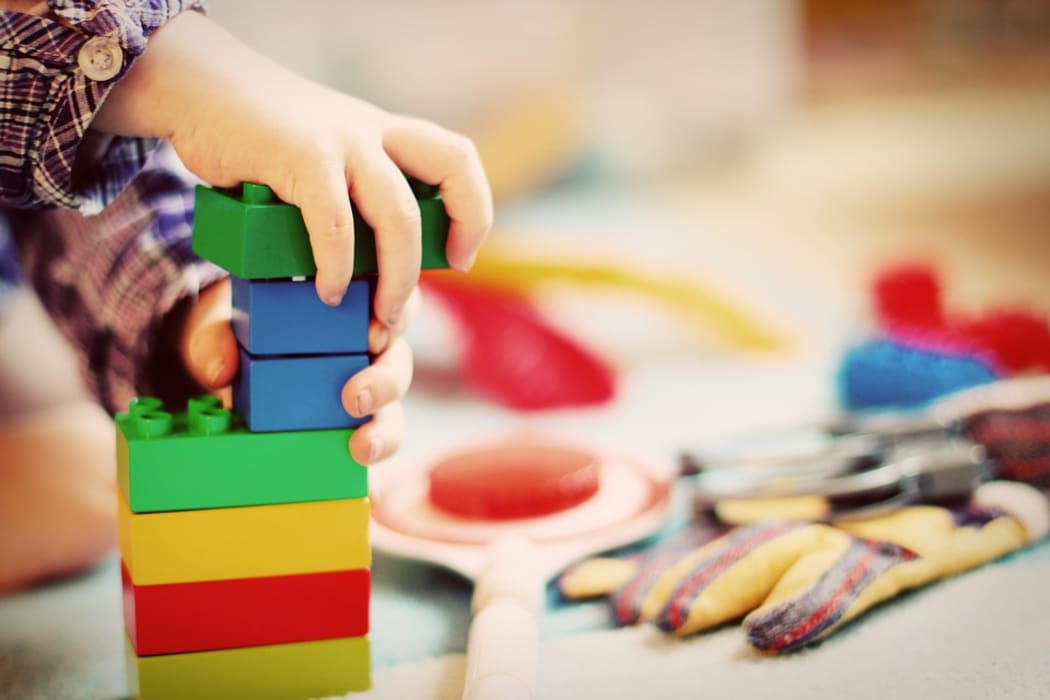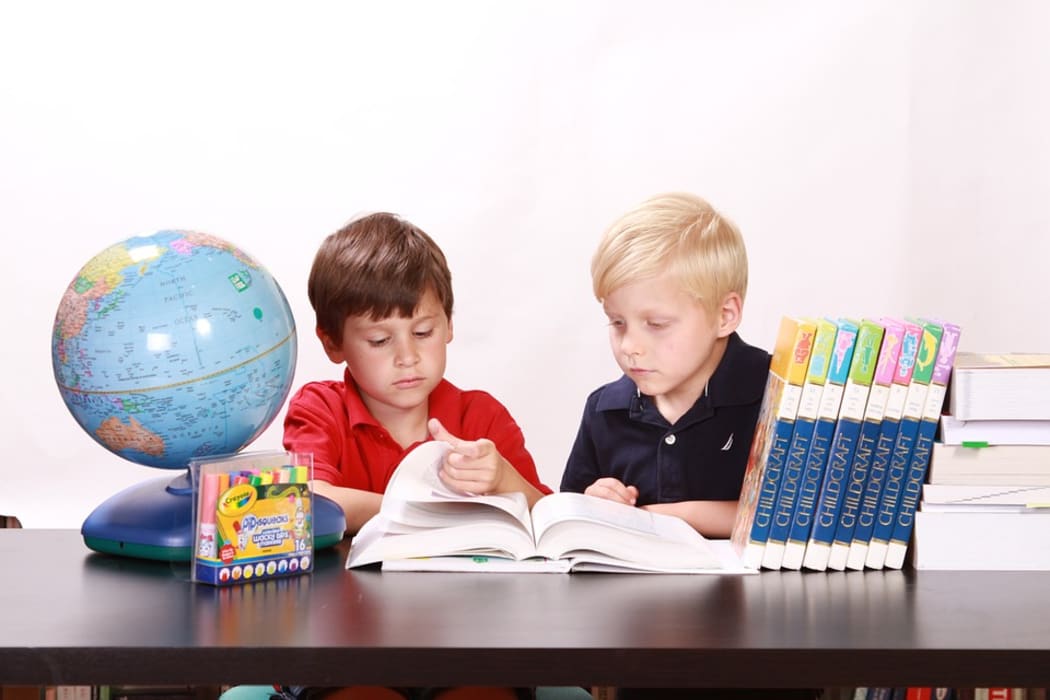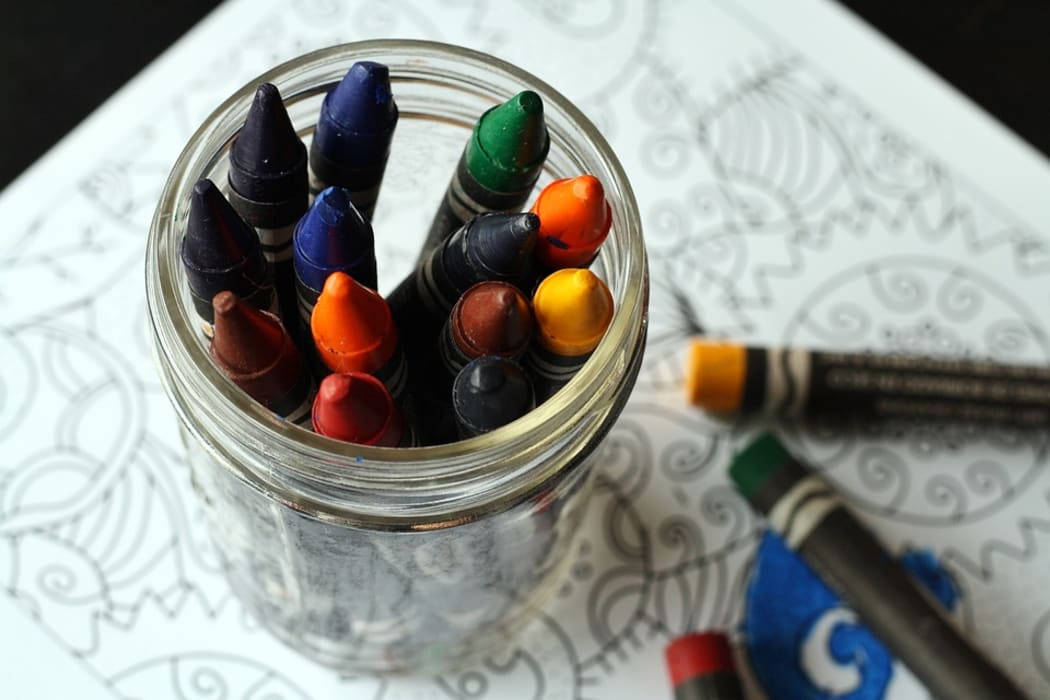Future All Black or Nobel prize-winner. Human rights activist and changemaker. Open heart surgeon, world chess champion or maybe an entrepreneur?
If you’ve had a child, are currently pregnant or are thinking that you would like to have a family in the future, then chances are you’ve already thought about the myriad weird and wonderful possibilities of what you’d like for your child and how you imagine their life playing out.
It’s natural - we all do it. But if we go a step further we might start to ask whether our expectations and dreams are realistic. Are all kiwi kids created equally and do they all have the same opportunities and potential for growth? If not, why?

Maximising potential is about learning through mistakes. Photo: Public domain
This topic is part of the framework for Growing Up in New Zealand, a longitudinal study conducted by the University of Auckland.
The study involves 7000 families from across the country and from different socioeconomic backgrounds, cultures and ethnicities. Research began in 2010 by interviewing parents before their child was born, and has followed up on both the children and their parents at regular intervals.
“We are looking at different pathways that people take, so we want to understand those pathways,” says psychologist Dr Elizabeth Peterson, who is part of the research team for the ongoing study.
What parents want for their children
The study is still in its early stages, and the primary focus to date has been examining what parents want for their unborn children.
“Before the child is born you’ve got nothing tangible. Your dreams are free to be whatever they want to be. And often once a child is born you might taper those dreams depending on your child’s temperament, their abilities, or [whether] they’ve got a disability,” says Dr Peterson.
So what do parents want for their unborn children?
The research revealed that what parents actually want for their unborn child is largely what they also want for themselves.
In some cases, parents expressed what they didn’t want for their child based on personal negative experiences that they had growing up, or conversely, that they wanted to provide their child with everything they had, especially if their own childhood experiences were positive ones.
And for some parents, it was a case of wanting their own little ‘mini me’.
“You really hope that they are, [but] I always think it’s a bit scary when you find out that they’re not,” says Dr Peterson. “Certainly we try and shape our children to have the kind of values that we think are important.”
But whether we dream of our child being a concert pianist or a teacher, where does our child’s potential fit into the bigger picture: are we responsible for helping to grow their potential or is it innate?

How do we help to grow the minds of our Kiwi kids? Photo: Public domain
Meeting needs and maximising potential
Dr Peterson refers to Maslow’s hierarchy of needs in terms of how we might prioritise our hopes and expectations for our children, which also has a bearing on ‘maximising potential’.
“We have a need for health, shelter and food, and to be safe,” Dr Peterson says.
“These are more of your basic needs, [and] at the higher level we might have needs to reach our potential, to have esteem, to be recognised and to be a good citizen.”
The study showed that all parents wanted their children to be successful and to have a good education regardless of their socio-economic background, which came as a surprise for the team.
“In keeping with Maslow, we thought that those who who had less money would be more focused on those fundamental needs for their child, but we didn’t find that split.”
Dr Peterson suggests that this may be due to New Zealand being an advanced society, compared with third world countries. Here parents aspire for their children's higher needs and fundamental needs to be met.
Dr Peterson says the educational backgrounds of parents had the most impact on ‘self-actualisation’.
“Parents who had higher educations were more likely to aspire to similar situations for their kids - they were more likely to talk about them following their dreams - perhaps because they’re in that kind of world where they’re getting more diverse experiences and their horizons are broader, so they are more able to investigate these things, and they want that for their kids.”
It is these parents, she says, that may be more likely to take their kids to extracurricular activities and to visit galleries and museums.

Photo: Public domain
Room to fail helps with success
While exposing our kids to diverse experiences helps maximise potential, making room for failure and nurturing the effort of ‘trying’ can also make a difference.
The more we can help kids in developing a growth mindset, the more prepared they will be to persist rather than giving up
Dr Peterson says that success should never be about intelligence, because there will always be someone smarter.
“The key part is learning from mistakes and asking for help very early on. It’s about teaching our kids that not everyone can do everything. If you’re in the bottom stream and you’re ranked 30th in the class you could be an amazing entrepreneur. You might not be an astronaut - but that doesn’t mean you can’t reach your potential and do good things, because we can grow,” Dr Peterson says.
Longitudinal studies in New Zealand
The Growing Up in New Zealand study, run by the Centre for Longitudinal Research at the University of Auckland, began in 2010.
There is also the well-known Dunedin Study, which is shorthand for the Dunedin Multidisciplinary Health and Development study, which kicked off in1972-73 and began with1000 Dunedin children.
Five years later another University of Otago project, the Christchurch Health and Development Study, began following nearly 1300 Canterbury children.

